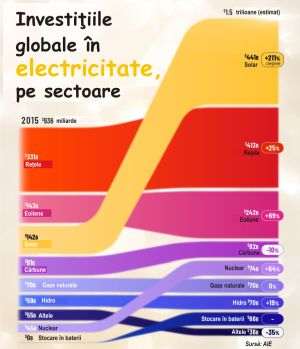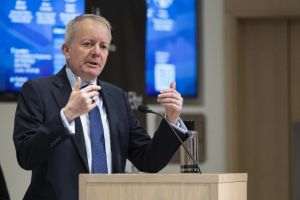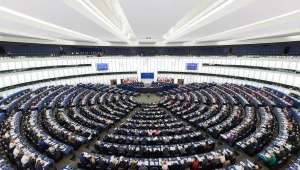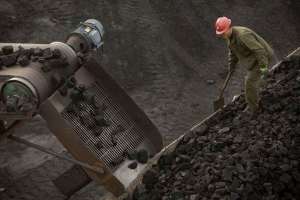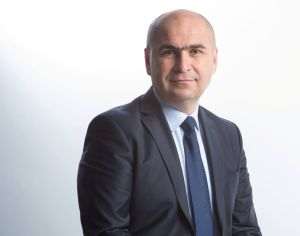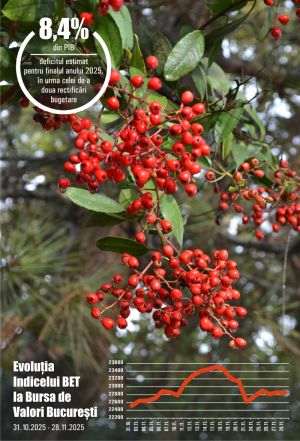The energy distribution companies commit to invest 6 billion euros until 2030 to strengthen the networks, provided a favorable regulatory framework, which allows them to gradually recover these investments, from the distribution tariff, over a period of 25- 30 years, the representatives of the Federation of Associations of Energy Utility Companies (ACUE) stated yesterday in an informal meeting with the media.
According to ACUE estimates, the total funding needed for all projects would be 10 billion euros until 2030, of which 6 billion euros would be supported by distribution companies by attracting investors and 2 billion euros from European funds.
Dana Dărăban, executive director of ACUE, stated: "On a basic scenario, at least a tripling of the investment level, from the own funds that the distribution operators must provide, i.e. from 2.3 billion euros to 6 billion euros over the next regulatory period, we are talking about a level of the tariff (ed. - distribution, in the consumer's bill) that will gradually increase until the year 2030. Strictly, during this period, i.e. until the year 2030, the tariff will will increase by 5 money per kilowatt-hour, which is strictly on the investment supplement, therefore necessary to bring Romania into the realistic film of the energy transition. For a bill of 150 kilowatts, the final consumer will pay, until 2030, a supplement of 8 lei to that bill".
ACUE representatives stated that the effect of this investment plan will be gradual on the consumer bill. Thus, if in 2025 there will be talk of an increase in the distribution tariff by 1 lei per Megawatt-hour, by 2030 we will witness an exponential increase and an increase in the distribution tariff of 50 lei per Megawatt-hour will be reached (5 money per kilowatt-hour).
If ANRE does not agree to the distribution companies' requests, end consumers will pay a much higher distribution rate in 2030.
Dana Dărăban specified: "The lack of these investments will cost the household consumer and the industrial consumer much more in 2030. It is difficult to say what the respective value will be, but without the investments we will be deprived of new technologies, we will not be able to connect the new renewable energy production capacities, we will probably not be able to keep up with the connection of prosumers, it is quite possible that we will not be able to provide what is needed for the new market structure - i.e. the two-way path of energy; practically, we will remain with a great handicap compared to the development of the other energy markets in Europe".
The executive director of ACUE said that energy distribution firms are currently prevented from making those investments by the current regulatory framework to make these investments.
Dana Dărăban showed: "The regulatory framework includes some very important elements: the methodology for recognizing tariffs, how investments are recognized and the rate of return. All these documents are currently under debate at ANRE to establish the regulatory framework for the next 5 years. If the decisions that will be taken will not ensure access to the necessary financing, probably the distributors will not find the money necessary to make these investments and we will fit into what the market will offer us at the rate of return established by ANRE (ed. - 6.94% according to the new draft order of the regulatory authority)".
ACUE representatives mentioned that at the moment the available European funds cover only 20% of the total required for financing, that the distributors' investments in networks, planned under the current regulatory conditions, can only cover approximately 20% of the total requirement and that for the rest of the financing ( 60%) additional private investment is needed. Additional investments, which cannot be made without a gradual increase in the distribution tariff, an increase that will constitute the necessary funds to finance the respective investment projects.












